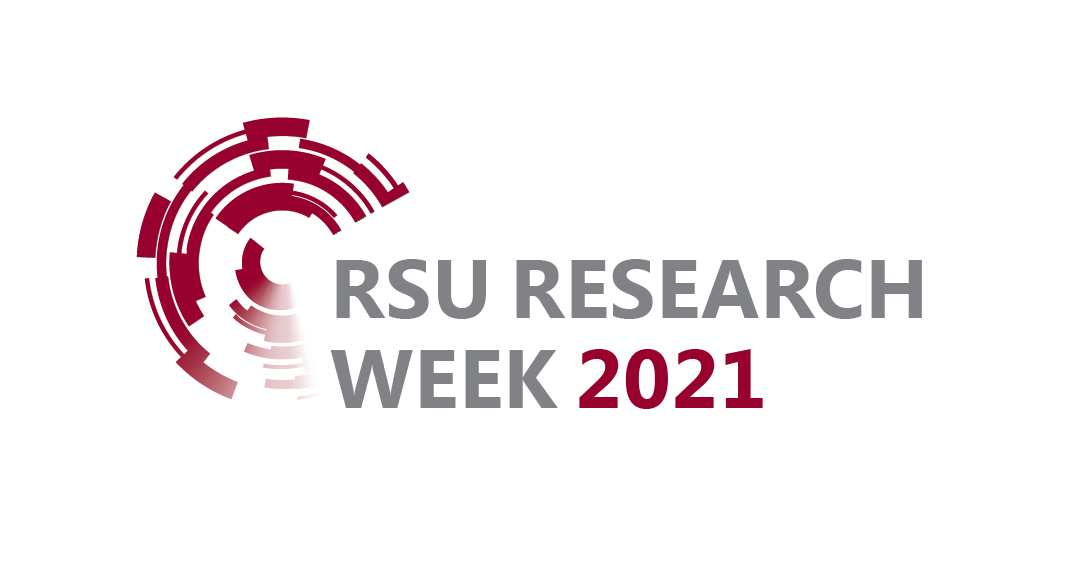
Dace Dzenovska
Associate Professor in the Anthropology of Migration
Centre on Migration, Policy and Society
Institute of Social and Cultural Anthropology
University of Oxford
Dace Dzenovska is Associate Professor of the Anthropology of Migration at the University of Oxford. She is the author of School of Europeanness: Tolerance and Other Lessons in Political Liberalism in Latvia (Cornell, 2018). She is currently working on an ERC - funded project on the emptying towns and villages in postsocialist contexts.
During RW2021 Prof. Dzenovska will talk about "The Politics of Emptiness in the Time of the Pandemic":
I have been following the circulation of images of empty towns and villages for some time now. In the pre-coronavirus era, they usually concerned socialist or capitalist deindustrialization. The viewing public, often global and cosmopolitan, consumed them as aesthetically pleasing representations of a remote ruination. It was someone else’s world that was falling apart.
This has now changed. News and social media platforms are full of images of the empty streets of global capitals and cities of the Global South. This new emptiness is simultaneously appealing and frightening. On the one hand, the empty streets of Paris appeal to the global cosmopolitan subjects’ aesthetic appreciation of decaying, suspended, or interrupted forms of modern life. On the other hand, these empty streets suggest that it is our—rather than someone else’s—future that is under threat.
In this talk, I will consider the similarities and differences between pre-and post-coronavirus forms of emptiness. I will pay particular attention to representations of emptiness and the hopes and desires that attach to them. Are the emptying urban spaces really signs of a desirable global slow-down that could mitigate environmental destruction? Or do the empty streets of today entail a potential—and, increasingly, actual—collapse of the economic and social life of tomorrow? Has the emptying European countryside experienced a revival as people seek to exit cities? Or have the previously emptying spaces become even emptier as children and grandchildren who are working abroad cannot visit their aging parents?
As an anthropologist, I am interested in what we can learn about the world if we study in depth the seemingly familiar, but at the same time new phenomenon of “emptiness”.
Featured article
Obtaining a Critical Distance (12 Feb 2021)

